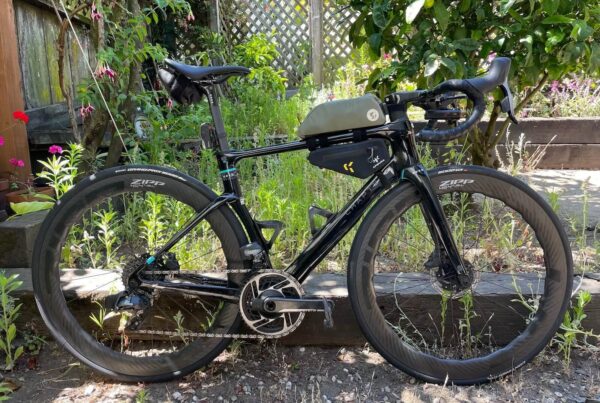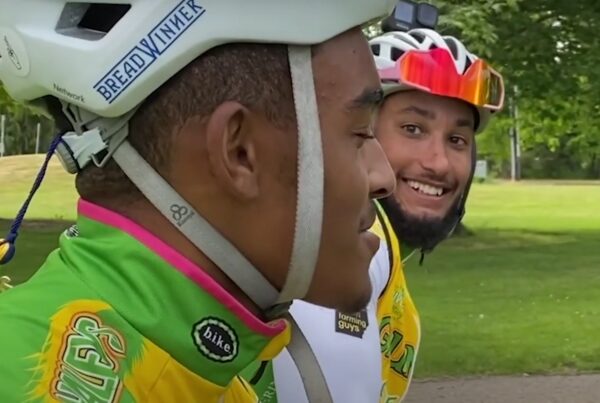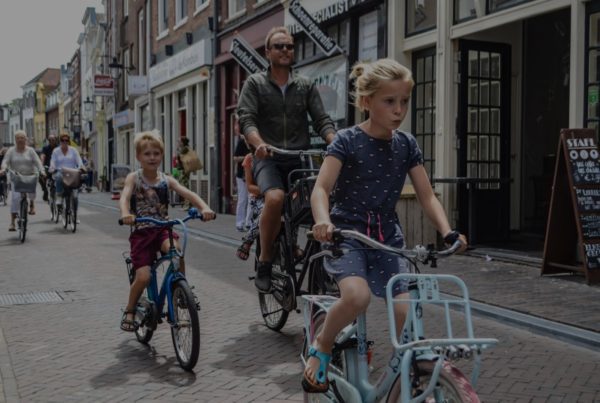This article featuring Bob Mionske has been reporduced here for our media archives.
July 24, 1992
By Paul Kapustka, Special to the Tribune.
The gap was the width of a bicycle tire, a few inches at best. Yet it was a wide enough chasm to keep American cyclist Bob Mionske from winning a bronze medal at the 1988 Olympics.
That prize, instead, went to West Germany`s Christian Henn, who needed a photo-finish decision to prevail over Mionske in the battle for the last available piece of hardware in the Seoul Games` men`s road race competition. But instead of settling for his footnote position in history, Mionske turned his fourth-place frustration into four years of motivation toward a second chance.
The hard work and miles of training rides paid off for Mionske last month, when he earned a berth on the three-man American team that will compete in this year`s men`s Olympic road race, a 194-kilometer test scheduled for Aug. 2 in San Sadurni, Spain.
Though now 29 and not even his own team`s favorite to medal, the Madison, Wis., native still possesses a potent race-finishing sprint.
According to U.S. men`s coach Chris Carmichael, Mionske`s ability to deliver a powerful closing “kick“ makes him a factor in any one-day event.
“If Bob gets close to the finish and is still in the lead group, he`s got a real good shot at a medal,“ said Carmichael. “In final sprints, he`s as fast as anybody.“
Unlike other champion cyclists, such as three-time Tour de France winner Greg LeMond and 1984 Olympic gold medalist Alexi Grewal, who respectively hail from Nevada and Colorado, Mionske didn`t hone his cycling skills by pedaling up steep mountain inclines. His track to cycling success was found along the horizontal roads of the Midwest.
Yet Mionske, a former ski racer at the University of Wisconsin who initially turned to cycling as rehabilitation exercise, said the character of Midwest racing actually helped him proceed to the sport`s top ranks. According to Mionske, Midwestern racers learn to be aggressive from the start if they want to have a chance.
By his count, Mionske won 22 races in that inaugural year of full-time racing.
In 1988, however, Mionske lost his “local hero“ status with a second- place finish in the national championships road race and a third overall at the Olympic trials, a performance that netted Mionske his first Olympic berth. In the 1988 Olympic race, East German Olaf Ludwig powered away from a lead group of 11 to win by three seconds over West Germany`s Bernd Groene. Less than half a minute behind, Mionske and Henn pedaled ferociously for the final podium spot, hitting the line at almost exactly the same time, 4 hours, 32 minutes, 22 seconds for the more than 194-kilometer event.
Not quite. Though judges went to the film to make sure, Mionske knew he had narrowly lost the battle for the bronze.
“When you`re that close, you can see the other rider out of the corner of your eye,“ said Mionske. “I knew he (Henn) was just a few inches ahead.“ The fact his finish was the second-best by a U.S. cyclist in the history of the men`s Olympic road race (behind only Grewal`s 1984 gold) and the best overall placing for the entire U.S. men`s cycling team in the Seoul games didn`t mean much to Mionske.
“Finishing fourth,“ he said at the time, “is like finishing 40th.“
Since Seoul, Mionske has been a regular top-10 finisher in races of prominence. In 1989, he was fourth in the national championships road race, an event he won the next year. Last summer, Mionske was fifth in the Pan Am games road race. At this year`s Olympic trials, Mionske`s solid finishes-he placed third and ninth in the two trials races-convinced Carmichael that Mionske merited a second Olympic trip.
The other 1992 men`s Olympic team members are Tim Peddie, 22, of Boulder, Colo., and Lance Armstrong, 20, of Plano, Texas.
Armstrong is the U.S. team`s odds-on favorite to medal at, or perhaps even win, the Olympic road race. Already slated to turn pro for the U.S.-based Motorola squad after the Olympics, Armstrong has shown his form by winning two one-day races this spring in Atlanta and in Pittsburgh, both against tough, mostly professional fields.
“I thought four years ago that if I stuck with it, I could be the top U.S. amateur coming into these Olympics,“ said Mionske. “Lance kind of threw a monkey wrench into those plans.“
In Spain, Mionske will have experience on his side, as he finished second in a race held last fall on this year`s Olympic course. “It`s a long, slightly uphill finish,“ said Mionske of the closing pitch on the San Sadurni course, a 16.2-kilometer circuit that the men will traverse 12 times. “It plays to my strength.“
Whether Mionske will have a chance at medal redemption on Aug. 2 is something that will be determined over the many tough kilometers preceding the final sprint. But regardless of the outcome, Mionske will still be comfortable with his place in U.S. cycling history, even if it remains one that is just short of a medal. By earning a second Olympic chance, Mionske said, he`s proved that his first close call was no fluke.
“My performances over the last four years have vindicated me as a cyclist,“ said Mionske.



